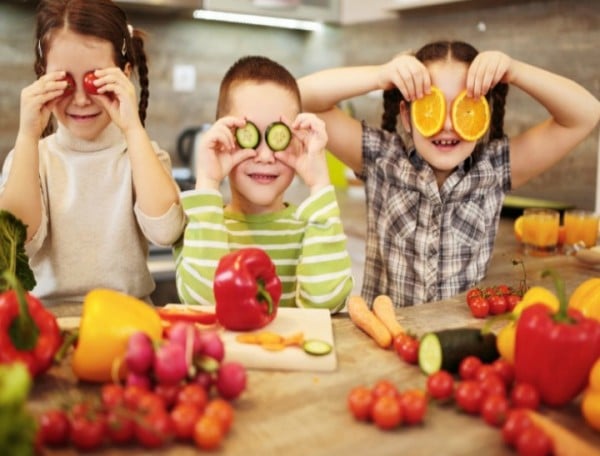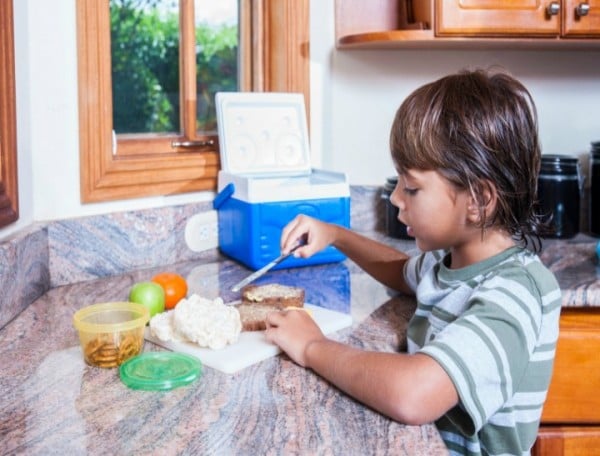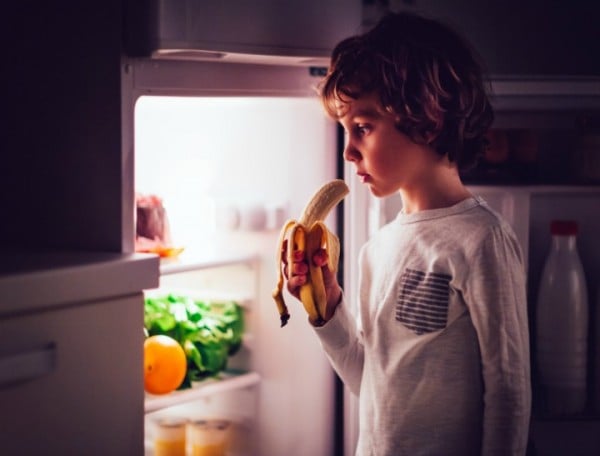
Have you met the child who prefers chia seeds to chips? That one who likes lettuce over lentils?
You know the type, the one whose mother will coyly profess their child always goes for the fruit sticks at the birthday party instead of the chocolate crackles.
I’ve always envied the boasting ability that kind of dietary stamina brings.
Oh don’t worry about a lolly bag for Lucy, she’d refer to just take a piece of watermelon home.
My kids look amazed at such preferences – they are the type who go straight to the cheezels, delighted in the ability to indulge when presented with the opportunity.
Should I offer them the choice of fish and chips or salad and veggie lasagna it doesn’t take a genius to work out which one they pick every time.
( The key is, I’ve learnt, not to let them choose…)





